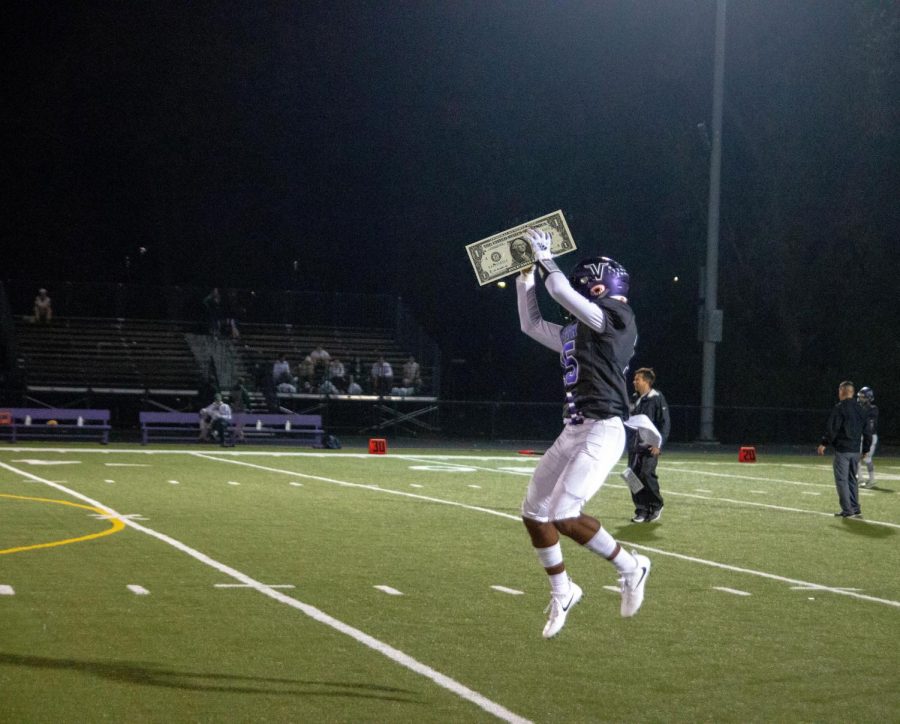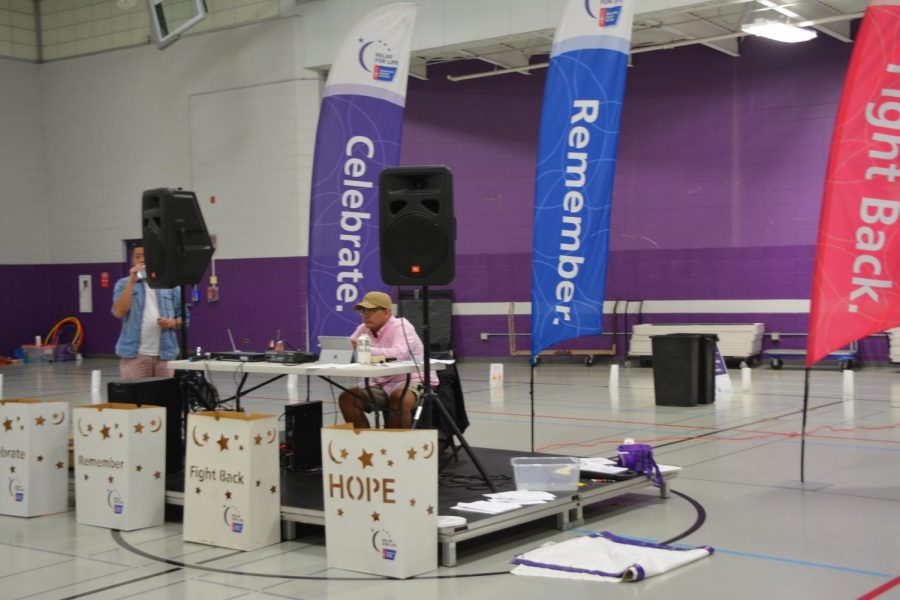The remodeled courtyard by the cafeteria became open for student use in the beginning of this past August. However, since then, the courtyard doors are irregularly kept locked during lunch periods.
People tend to be happier and more relaxed with access to fresh air and sunshine than they would be otherwise. The courtyard has the potential to provide students with a needed escape from stuffy classrooms.
Especially now, as the weather is becoming increasingly cool, students want to take advantage of getting fresh air during their lunch when the weather will be at its warmest.
“It’s really frustrating that the [courtyard] doors are locked because locking the doors takes away the only period in the day that students have to be outside other than P.E.” Senior Sandra Montero says.
Even on days when the courtyard doors are open, not all students are afforded access to the courtyard.
As senior Sharmain Siddiqui says, “it is frustrating to not have the ability to go outside during my study halls and have it restricted only to lunch periods. I – along with multitudes of other kids – don’t have a lunch, which means we essentially never get access to the courtyard.”
Most students, whether they have a lunch or not, do not know why access to the courtyard is denied. Without a clear explanation, most simply become frustrated and resentful.
While some students may get answers from security guards, others are simply told “no” or get rules recited at them without explanation of the reason behind them.
The majority of students simply tug on the handle of the courtyard door and return to a cafeteria seat if it is locked in order to avoid the label of an insubordinate by asking questions. After a while, they may not even tug on the handle anymore and just assume the doors are locked when they may be open.
According to Assisstant Principal Keith Robinson, the main reason behind locking the courtyard doors is that students leave it a mess.
A secondary reason would be that there is not always enough supervision to justify keeping the courtyard open to students.
However, as Robinson says, “If students were treating the space with respect, […] it would not need to be supervised as much.”
Regarding the issue of limited supervision, Principal Ryan McTague suggests that the wide windows that separate the cafeteria from the courtyard could be utilized by security guards to keep an eye on students inside and outside, especially when there are only few students outside.
As for the issue of student disregard, it is crucial to inform students why privileges are being taken. If a child is grounded while not knowing the reason why, the punishment isn’t effective in changing their behavior when they are no longer grounded.
While some students may still not clean up, there are students like senior Bushra Amiwala who will take pride in our community and “will clean up after other people too if I have to.”
Besides, if students can connect their behavior or their peer’s behavior with the consequences that occur, positive peer pressure from the guilt of affecting their fellow classmates can cause them to alter their actions.
There are a variety of protocols staff member could adopt to communicate direct consequences to student actions to encourage proper behavior.
Students could be “not allowed to enter the building again until the tables are cleared off,” Montero says, “[or] you could make a rule that if one period, the tables aren’t cleared off, then the next day during that same period, the courtyards will be closed.”
Regardless of the path chosen, a protocol that establishes clear consequences to target the culprits and place social pressure to clean up the mess will be the most effective.
While students should know intuitively to clean the mess they create, the courtyard, which is designed to be enjoyed by everyone, should be accessible to all students as often as possible. Ultimately, greater communication is needed between staff and students to eliminate this and other similar issues.
Students need to know when, how, and where they can voice their concerns. While Student Government is the body for representing student voices, it is not a completely comprehensive body and it is each individual student’s responsibility to come foreword to add to the chorus of student voices.
On the flip side, staff members need to remember to give students the dignity of full answers and an inclined ear.













